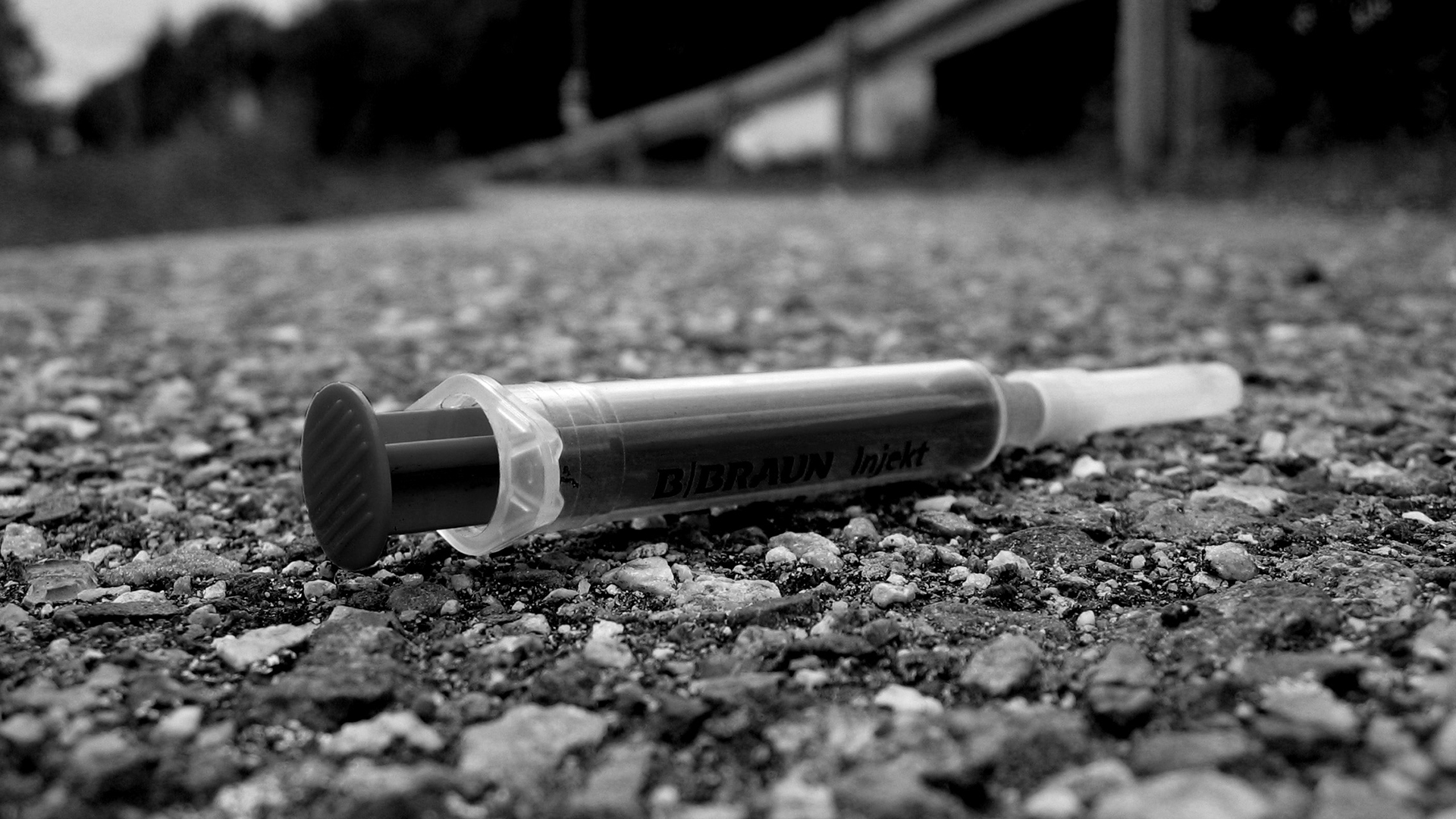I had the privilege of speaking recently at a conference in Lisbon focused on harm reduction and homelessness. It was both enlightening and inspiring. As we seek solutions to reduce drug-related deaths in the UK and to improve our approach to individuals facing drug dependence and homelessness, Portugal’s experience provides invaluable lessons.
In England and Wales, approximately three million adults aged between 16 to 59 use drugs. In 2021, nearly 5,000 individuals died from drug poisoning, a 6.5% increase from 2020 and the highest drug-related deaths since record-keeping began in 1993. Over the past decade, heroin-related deaths more than doubled, and cocaine-related deaths have surged fivefold. The situation is even more severe in Scotland, earning the country the unfortunate title of the drug death capital of Europe.
Portugal’s situation in the 1990s was not dissimilar. The country faced a significant public health crisis due to drug abuse, with one of the highest drug-related death rates in Europe. Growing up in Portugal during that time, I was personally affected, as were vast swathes of the population.
Change a Big Issue vendor’s life this Christmas by purchasing a Winter Support Kit. You’ll receive four copies of the magazine and create a brighter future for our vendors through Christmas and beyond.
The Portuguese government realised that a radical new approach was needed. In 2001, it became the first country in the world to decriminalise the consumption of all drugs for personal use, including the purchase and possession of 10-day supplies. It shifted from the punitive approach of most nations and instead began to treat drug addiction as a public health issue.
Consumption remains technically against the law but, instead of jail, people who misuse drugs are registered by police and referred to ‘dissuasion commissions’. For the most troubled people, authorities can impose sanctions including fines and recommend treatment. The decision to attend is voluntary.









